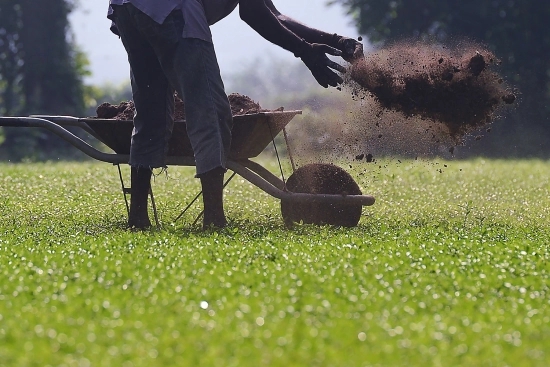
The collapse of the Sri Lankan government was a shock, but outside of regional experts, few were paying attention to the South Asian Island nation during the global pandemic to worry about their agriculture and economy. Now is the time for us to reflect and consider. There was a currency crisis, food shortages, energy shortages, a suffering tourism industry during COVID, a popular uprising, but underneath it all were the policies that destabilized the whole system. Policies that sounded seductively enticing, and generated global admiration from the WEF and sustainable agriculture advocates. Sri Lanka received a glowing ESG score, but despite this international acclaim, it came with one fatal flaw—the policies didn’t support the people of Sri Lanka.
I will focus primarily on the agricultural aspects of crisis (since it fits best with human geography curriculum) but yes, there were other political and economic factors. Organic farming is only for the wealthy in developed countries that can afford organic food as a lifestyle choice, or the very poor in rural, underdeveloped regions that engage in subsistence agriculture without access to Green Revolution technologies. Organic food accounts for 1% of the global food trade, and most of humanity relies of the technological advancements made by the Green Revolution for their food supply.
The government of Sri Lanka announced a 10-year plan to transition to 100% organic farming, by banning synthetic fertilizers and pesticides (the very inputs that double Sri Lanka’s yield in the 1960s from the Green Revolution). Over 30% of Sri Lankan farmland lay dormant without enough manure and other approved replacements. Something else that we often forget is the modern agriculture is heavily dependent on fossil fuel usage for the heavy machinery to replace manual labor. As the economy struggled, fuel prices went up and resources were rationed so that farmers couldn’t run their machinery and couldn’t get they products to the market. 85% of farmers suffered crop losses and overall production declined by over 20%, which might not sound like much as the 4th largest tea exporter in the world and a country that primarily consumes rice, crashing the rice and tea markets in catastrophic.
Sustainable agriculture sounds lovely as a goal, but not if the needs of the people are not being met first. Sri Lanka serves a cautionary tale for countries prioritizing international environmental aims over policies that will promote economic growth and human flourishing within their borders. The romanticism of organic agriculture is a fine choice for those who can afford it, but horrible to impose on those who cannot.
Main Sources: Foreign Policy, BBC World Service Podcast.
Tags: agriculture, political, Sri Lanka, agribusiness, South Asia.




Leave a comment